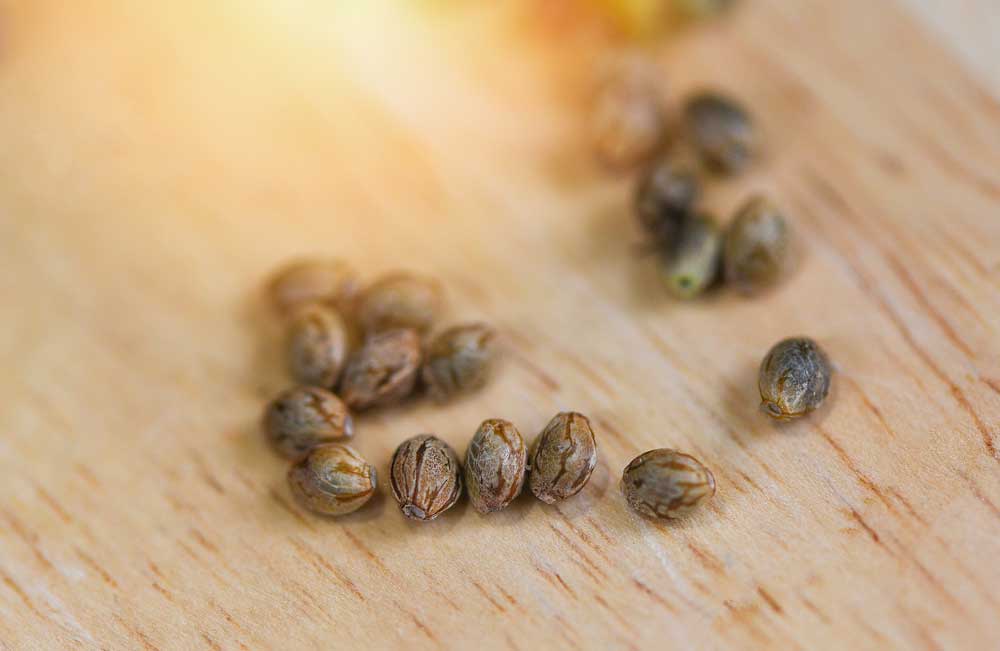Hashish, a plant with a loaded record courting again thousands of decades, has recently taken middle stage in conversations about biodiversity. As a lot more countries embrace the legalization of cannabis, it really is crucial to realize the affect of hashish cultivation on biodiversity, specifically through the lens of its seeds. In more info here , we’ll investigate the intricate relationship in between hashish seeds and biodiversity, shedding light-weight on the value of sustainable practices in nurturing a diverse and resilient ecosystem.
The Origins of Hashish and Seed Diversity:
Hashish, scientifically known as Cannabis sativa, is thought to have originated in Central Asia. In excess of the generations, it has distribute throughout the world, adapting to various climates and ecosystems. The plant displays an astonishing variety in its genetic makeup, ensuing in a myriad of strains, each individual with its special established of characteristics.
Hashish seeds, the basis of this botanical range, carry the genetic information that determines the plant’s attributes, including its development styles, cannabinoid information, and resistance to pests and diseases. This genetic range is a vital ingredient of biodiversity, contributing to the over-all wellness and resilience of ecosystems.
Biodiversity Positive aspects of Cannabis Cultivation:
Genetic Resilience:
The variety of hashish seeds makes certain that some strains are better suited to unique environmental circumstances. This genetic resilience becomes notably crucial in the face of weather adjust, as specified strains may perhaps show additional adaptable to shifting climate styles, supporting ecosystems face up to environmental difficulties.
Pest and Condition Resistance:
A diverse array of hashish strains implies different degrees of resistance to pests and conditions. By cultivating distinctive strains, farmers can decrease the reliance on chemical pesticides and foster a extra balanced and all-natural tactic to pest administration. This, in transform, encourages a more healthy atmosphere for other flora and fauna within just the ecosystem.
Soil Health and Nutrient Cycling:
Cannabis, when integrated into a diverse crop rotation program, can contribute to soil well being and nutrient biking. Certain strains have particular interactions with soil microorganisms, improving the soil’s fertility and general ecosystem health and fitness. This promotes a more sustainable and regenerative agricultural tactic.
Difficulties to Cannabis Seed Biodiversity:
Monoculture and Genetic Erosion:
The expanding need for unique cannabis strains has led to monoculture methods, exactly where substantial spots are dedicated to cultivating a single pressure. This monoculture can end result in genetic erosion, in which the range within just the cultivated pressure diminishes above time, building the complete crop much more prone to pests and diseases.
Loss of Indigenous Strains:
As professional cultivation expands, there is a chance of neglecting or displacing native hashish strains. These native strains may well have distinctive genetic traits that are crucial for the lengthy-time period sustainability of community ecosystems. The decline of these kinds of strains could have significantly-reaching consequences on biodiversity and ecosystem stability.
Sustainable Practices for Hashish Seed Biodiversity:
Crop Rotation and Diversification:
Implementing crop rotation with other suitable plants can crack the cycle of pests and diseases certain to cannabis. Diversifying cultivation practices helps preserve a nutritious harmony inside of the ecosystem and prevents the overreliance on a one pressure.
Seed Banking and Conservation:
Developing seed banks focused to preserving a assorted collection of cannabis seeds is important for safeguarding genetic methods. Conservation endeavours ought to prioritize indigenous strains, making sure their availability for future generations and prospective use in restoring ecosystems.
Local community Involvement and Instruction:
Partaking regional communities in sustainable cannabis cultivation tactics is crucial. Education about the worth of biodiversity, seed preserving, and sustainable farming procedures empowers farmers to make knowledgeable decisions that profit both equally their livelihoods and the setting.
Summary:
Cannabis seeds enjoy a pivotal function in maintaining and enhancing biodiversity in ecosystems. As the hashish field continues to evolve, it is vital to prioritize sustainable cultivation methods that nurture and preserve the genetic diversity of this amazing plant. By embracing a holistic technique to hashish cultivation, we can not only enjoy the advantages of assorted strains but also add to the all round health and fitness and resilience of our purely natural environment.
